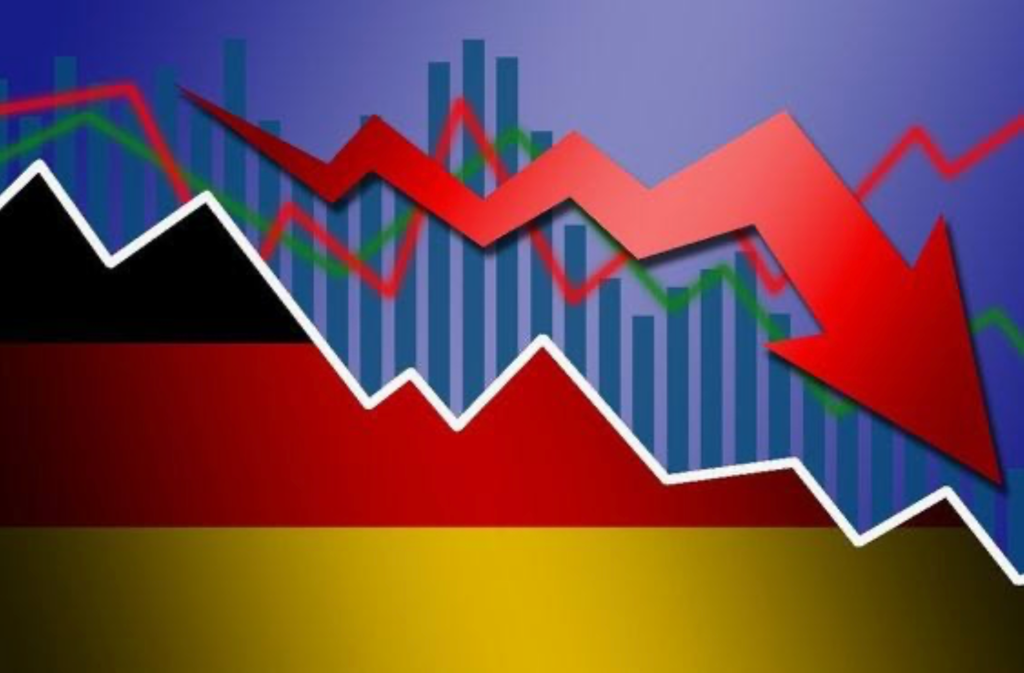What a $15 minimum wage means for employment and the economy as a whole.
By Will Rojas
As part of the economic agenda for his first 100 days in office, Joe Biden is seeking to raise the minimum wage to $15 through the Raise the Wage Act. With a newfound Democratic majority in the Senate, there is a real possibility it can be enacted. However, critics are quick to point out that raising the minimum wage can have negative economic effects, especially in regard to employment. The largest study on the connection between raising the minimum wage and unemployment to date and projections by the Congressional Budget Office show to what extent this fear is warranted.
In 2019, UMass Amherst, University College London, and the Economic Policy Institute released an analysis of 138 state-level minimum wage increases in the U.S. between 1979 and 2016. The study found that “overall number of low-wage jobs remained essentially unchanged over the five years following the increase.” Wages of affected workers even increased by around 6.8%. This includes workers earning wages below, at, and slightly above the new minimum wage. However, it is important to note the degree to which minimum wages were raised in this analysis. The raises studied range from 37% to 59% of the median wage. The $15 minimum wage, on the other hand, would raise this proportion to 70% in 2025 with the Congressional Budget Office’s inflation projections. Under the guidelines of the bill, the minimum wage would increase proportional to median wages, so this percentage would not decrease with inflation. It would also apply to every state equally, accounting for 91% of the median wage in Mississippi but only 58% in Alaska. This raises the question of how drastic of an impact the policy will have when its relative effects would vary so widely.
On February 8, the Congressional Budget Office released a projection on the economic effects of the Raise the Wage Act. Like the UMass study, they found it would result in a net increase in the pay of affected workers, this time to the tune of $333 billion. However, the Congressional Budget Office also projected a loss in employment of 1.4 million workers, or 0.9%. Beyond this, the study found that 900,000 people would be lifted out of poverty. However, it would cause the federal deficit to increase by $54 billion by 2031. A main reason for this federal deficit increase is the rise in cost of home health and nursing care from a raise in minimum wage, as a large portion of that care is paid for with Medicare and Medicaid. Unemployment payments would also increase, but higher government revenues from wages redirected from capital gains to higher-taxed labor income would cover 80% of this cost. The Raise the Wage Act is a tradeoff. Despite large-scale evidence that raising the minimum wage does not necessarily lead to unemployment, the study was conducted on minimum wage raises with an average change of 10.1%. The $15 minimum wage would raise the effective rate by over 27%. The Congressional Budget Office subsequently predicts a significant drop in employment as a result. However, the policy will effectively raise wages for affected workers and bring hundreds of thousands out of poverty. Whatever Congress’ choice is, it will be a significant one.
Work Cited
- An Overview of the Economic Outlook: 2021 to 2031. (2021, January 12). Congressional Budget Office. https://www.cbo.gov/publication/56982
- Cengiz, D., Dube, A., Lindner, A., Zipperer, B. (2019, May 2). The Effect of Minimum Wages on Low-Wage Jobs. The Quarterly Journal of Economics. https://academic.oup.com/qje/article/134/3/1405/5484905
- Tedeschi, E. (2019, April 24). Americans Are Seeing Highest Minimum Wage in History (Without Federal Help). New York Times. https://www.nytimes.com/2019/04/24/upshot/why-america-may-already-have-its-highest-minimum-wage.html
- Sullivan, J. (2003, July 29). Sergio Laua works the french fry counter at a McDonald’s restaurant July 29, 2003 in Redwood City, California [Photo]. Getty Images. https://www.gettyimages.com/detail/news-photo/sergio-laua-works-the-french-fry-counter-at-a-mcdonalds-news-photo/2333080?irgwc=1&esource=AFF_GI_IR_TinEye_77643&asid=TinEye&cid=GI&utm_medium=affiliate&utm_source=TinEye&utm_content=77643The Budgetary Effects of the Raise the Wage Act of 2021. (2021, February 8). Congressional Budget Office. https://www.cbo.gov/system/files/2021-02/56975-Minimum-Wage.pdf






Leave a comment